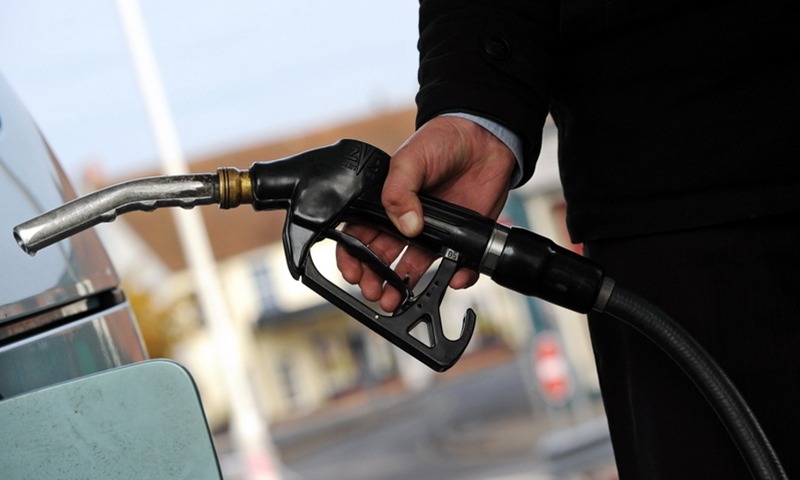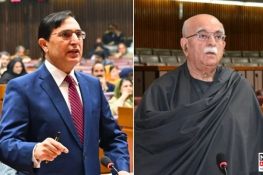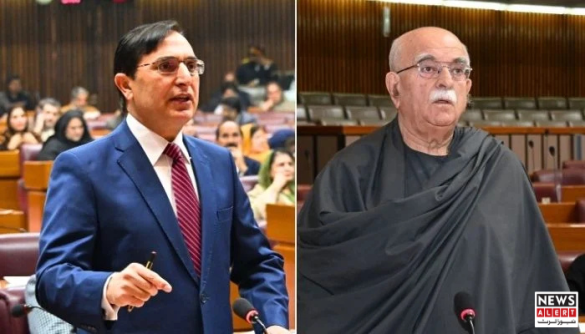Heavy Tax Burden on Fuel Consumers
Recent documents released by Pakistan’s Petroleum Division have revealed that the government is collecting more than Rs90 in taxes on each litre of petrol and diesel. These levies make up almost one-third of the retail price of fuel, raising fresh concerns among consumers already struggling with record inflation.
According to the breakdown, a total of Rs94.89 is charged per litre of petrol and Rs95.35 on diesel under various taxes and duties. This translates into 36% of the petrol price and 35% of the diesel price.
Breakdown of Taxes on Petrol and Diesel
The documents show that multiple layers of taxation are applied:
-
Petrol: Rs14.37 customs duty, Rs78.02 petroleum levy, and Rs2.50 climate support levy.
-
Diesel: Rs15.84 customs duty, Rs77.01 petroleum levy, and Rs2.50 climate support levy.
The petroleum levy is by far the largest component, introduced to raise non-tax revenue for the federal government. The addition of a climate levy reflects efforts to fund environmental initiatives, though its impact remains limited compared to the burden of other charges.
Government’s Justification
Officials argue that these collections are necessary to tackle Pakistan’s persistent budget deficit, fund development projects, and allocate resources for climate-related programmes.
They also note that petroleum-related taxes are a crucial source of revenue, particularly when other sectors underperform. In the fiscal year 2023–24, the government set an ambitious target of raising more than Rs870 billion through the petroleum levy alone.
Public Backlash Amid Rising Inflation
Despite these official explanations, public reaction has been overwhelmingly critical. Citizens point out that fuel price hikes have a direct and immediate effect on everyday life. Higher transport costs push up the prices of essential goods, including food items, and place further pressure on already stretched household budgets.
With inflation hovering above 25% in early 2024, many see the fuel tax structure as worsening economic hardship. Transport unions and traders’ associations have also voiced concerns, warning that sustained increases in operational costs could lead to reduced business activity.
Regional and Global Context
Fuel taxation is not unique to Pakistan. Many countries impose levies on petroleum products to finance public spending and encourage energy conservation. However, the challenge in Pakistan lies in balancing revenue generation with affordability.
Unlike wealthier nations, Pakistan imports the majority of its fuel, leaving local prices highly sensitive to global oil market fluctuations. At the same time, the government has also tightened laws against fuel smuggling under the Petroleum Amendment Act 2025, urging provinces to enforce the new rules. When combined with heavy taxation, this volatility often results in sudden and steep price hikes.
Calls for Relief and Reform
Economists and consumer rights groups are urging the government to reconsider the current tax regime. They argue that while revenue needs are urgent, relying so heavily on fuel taxation is regressive, as it disproportionately affects lower- and middle-income households.
Experts suggest alternative measures such as broadening the tax base, reducing reliance on indirect levies, and gradually phasing in targeted subsidies to shield vulnerable groups from fuel price shocks.
Looking Ahead
For now, the government shows no sign of reducing these taxes, given the country’s fiscal challenges and commitments under IMF loan agreements. However, mounting public pressure may force policymakers to explore relief measures, especially if inflationary trends persist in the coming months.
The debate over fuel taxation thus remains at the heart of Pakistan’s broader economic struggle: how to raise much-needed revenue without pushing its citizens deeper into financial distress.















